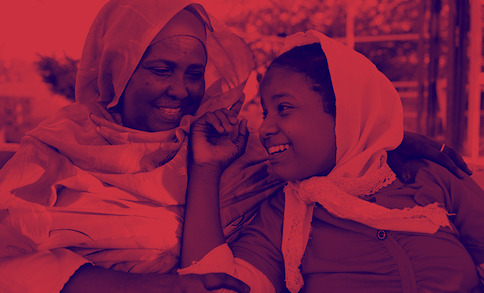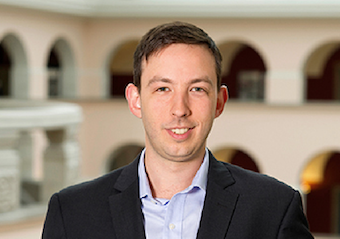
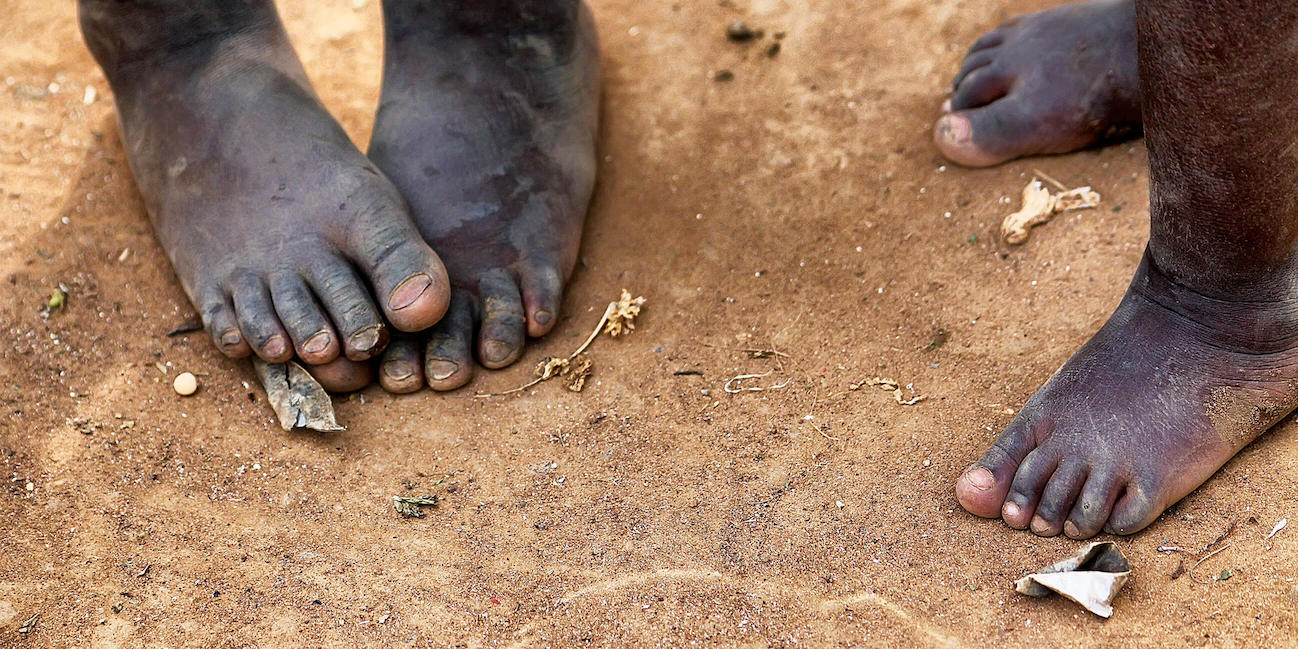
In developing countries like Brazil, whether a child is born into a poor or wealthy family is typically a key determinant of their future opportunities, including access to quality education. Poverty makes it such that even basic household needs compete for scarce financial resources, as parents try to allocate money to investments in children. Recent research suggests that scarcity creates psychological effects that potentially add to that problem: poverty makes it such that worrying about these basic needs competes for mental resources, as parents try to allocate attention to evaluate high-return opportunities to invest in children.




In the face of these psychological effects, could it be that even if poor parents had access to the financial resources needed to invest in their children’s education, they would still miss those opportunities because financial worries brought about by poverty lead to focus too narrowly on present needs, at the expense of future returns of investments in children?
This project studies this question in the context of an educational program in Brazil. In a lab-in-the-field experiment with 2,223 public school parents, we randomly assign some parents, but not others, to temporarily higher financial worries by asking them what they would do if, hypothetically, their children’s school started charging for textbooks and uniforms. Although hypothetical, the question successfully makes participants worry more about household bills due by the end of the month. We then endow all parents with R$ 10, which they can decide to keep as airtime credit on their phones or to exchange for six months of an SMS nudge program that, as shown by previous research, has the potential to improve their children’s learning outcomes significantly.
We find that socioeconomic status (SES) strongly predicts investment in the program: we document a 35% SES gap. Although, on the one hand, previous experience with the program can close that gap, we show that financial worries can reopen 2/3 of that gap. Our study further shows that this is caused by how poverty reallocates attention: financial worries make the poor treat small but immediate returns as if they were large and large but future returns as if they were small.
The loop: under-investment in children’s human capital even when poor parents would have the means to invest.
Breaking the loop: Understanding parent’s decision-making and how poverty reallocates attention can inform policies that change the choice architecture, e.g. by making large future returns top-of-mind.
The Psychological Effect of Poverty
Poverty creates financial worries that require immediate attention; however, since resources are limited, the attention is focused on present needs. In this study held in Brazil, we experiment if pressing financial worries lead poor parents to move resources away from children.
- StatusConcluded
- CountryBrazil
- Program areaEducation. No poverty
- TopicsEducation, parental engagement, Using technology to support students with low socio economic status.
- PartnersMOVVA, Secretaria de Educação do Estado de São Paulo
- Timeline2016-2017
- Study TypeRandomized controlled trial
- Sample Size2,223 parents
Research Team


Prof. Dr. Eric Bettinger
University of Stanford

Nina Cunha
FHI 360

Ricardo Madeira
Universidade de São Paulo
Similar
Child Development Study
Longitudinal Study on Child Development Based on Wearable Technologies.
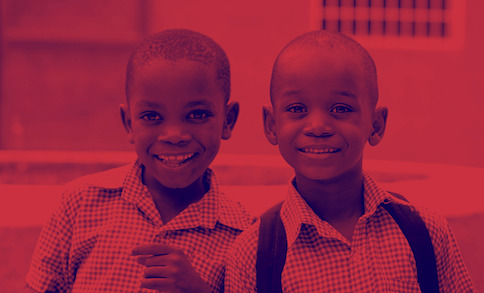
School Closures and Reopening in the Pandemic
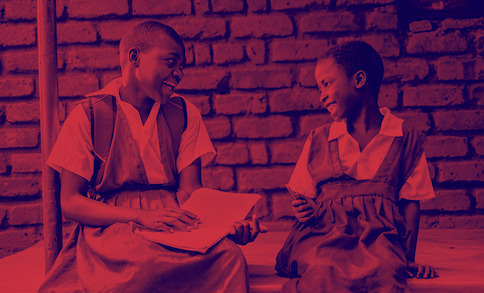
Preventing Student Dropouts in the Pandemic
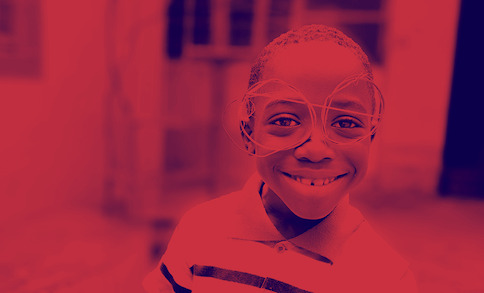
The Growth Mindset Project
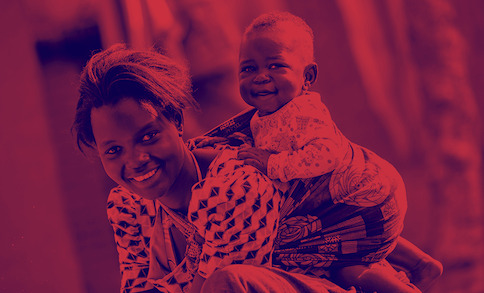
Preventive Health Care in Malawi
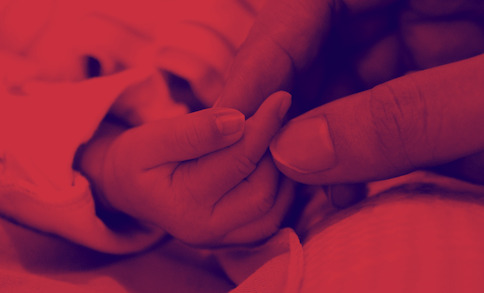
Sex-Selective Abortion in Armenia
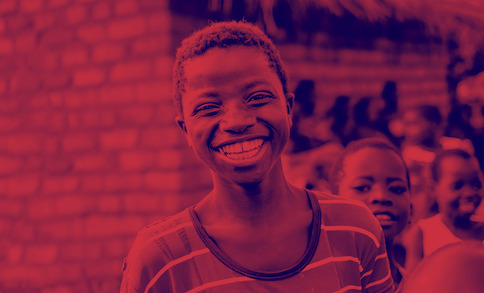
Harmful Practices against Girls in Malawi
